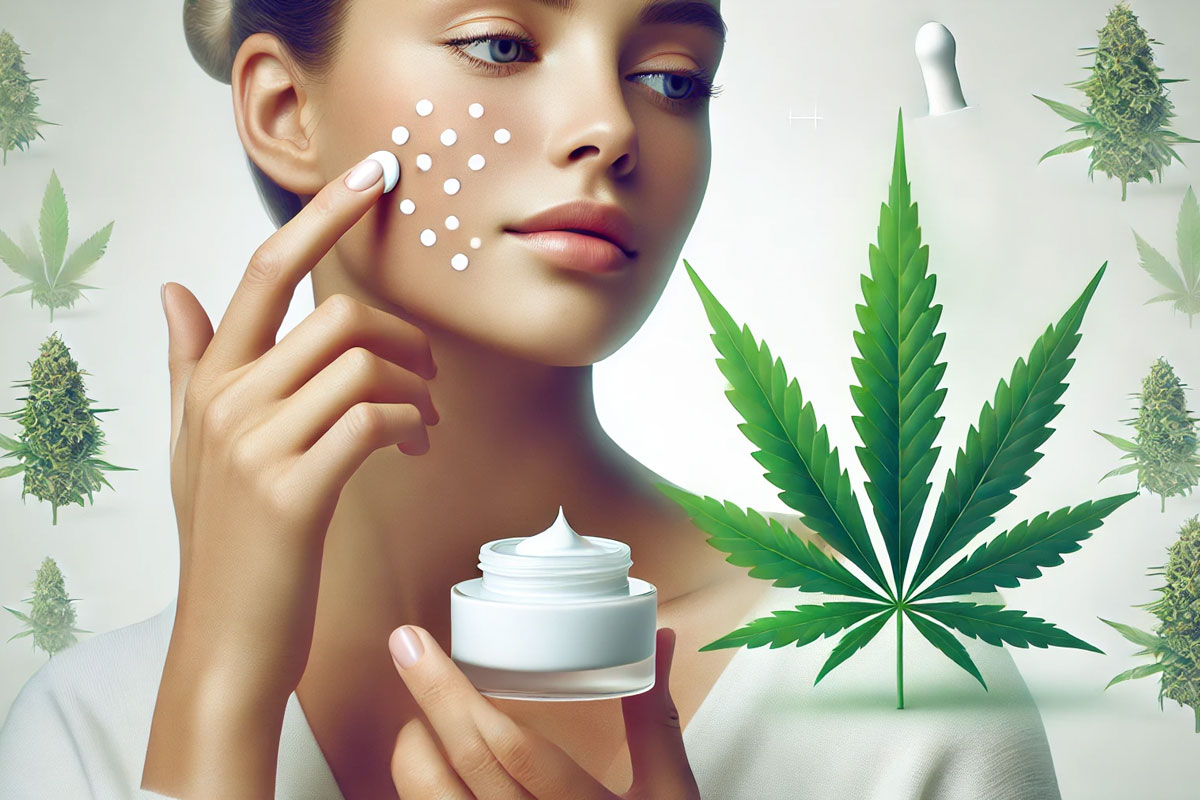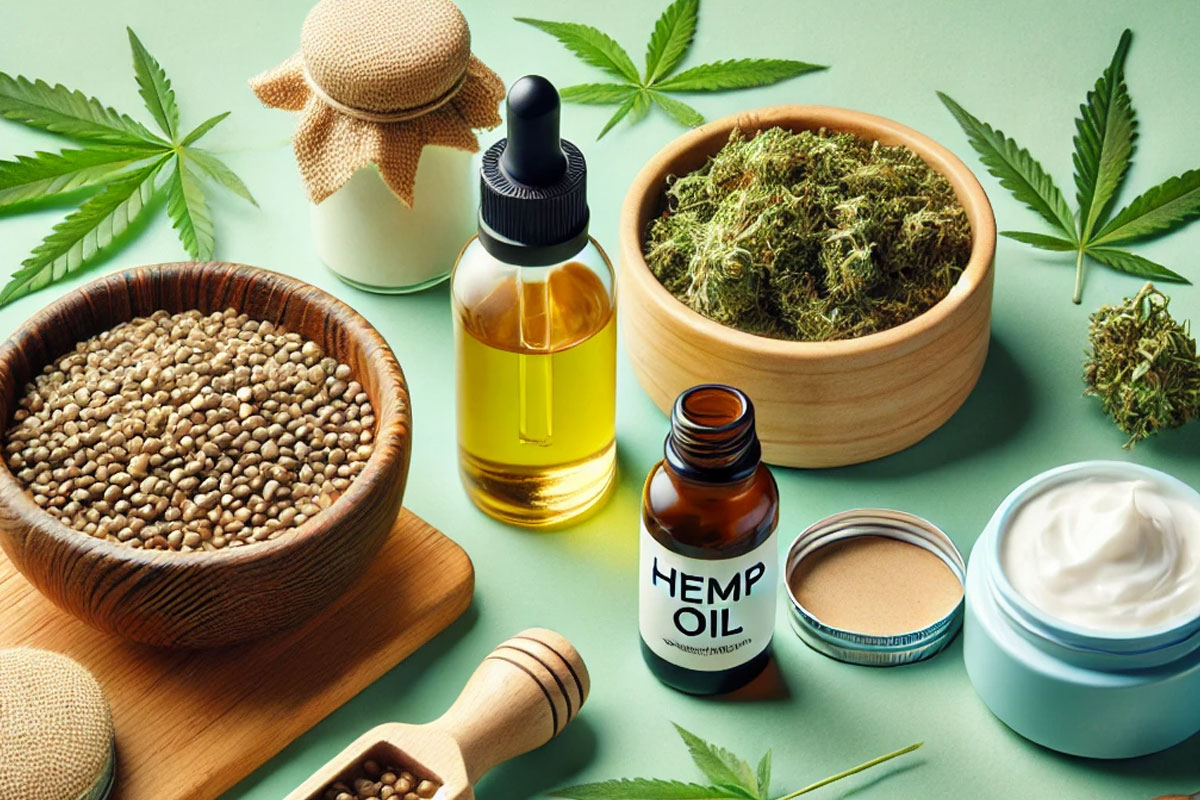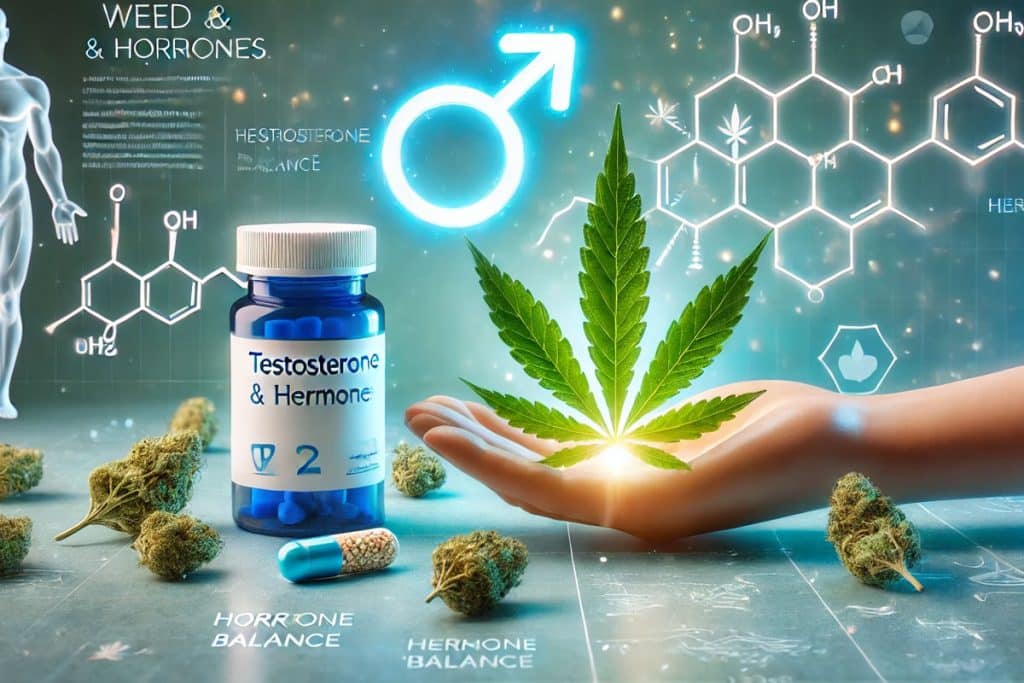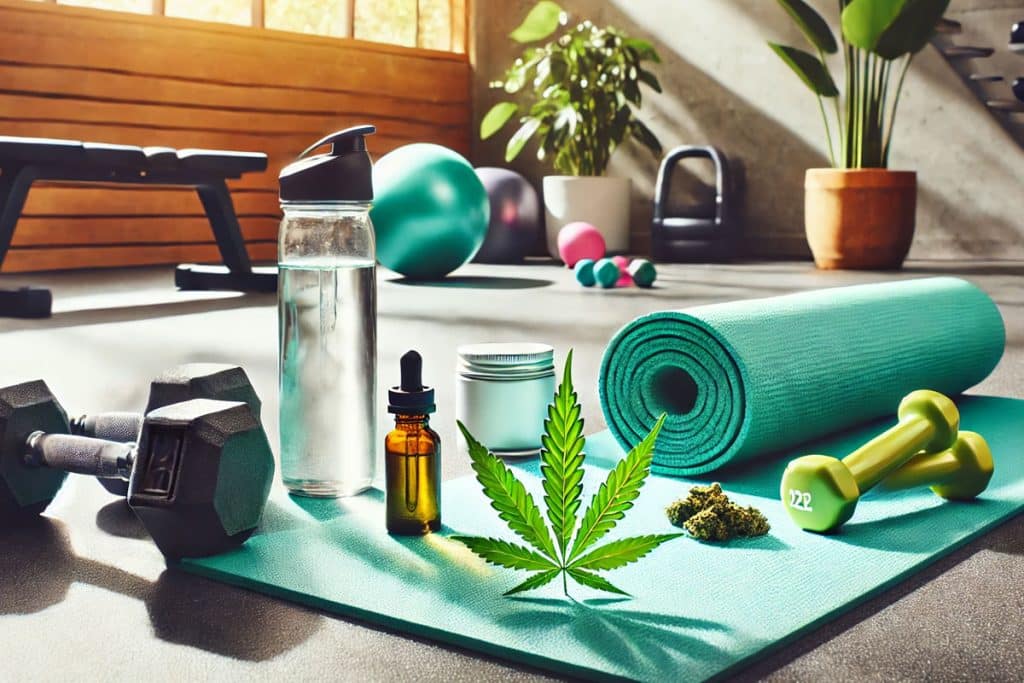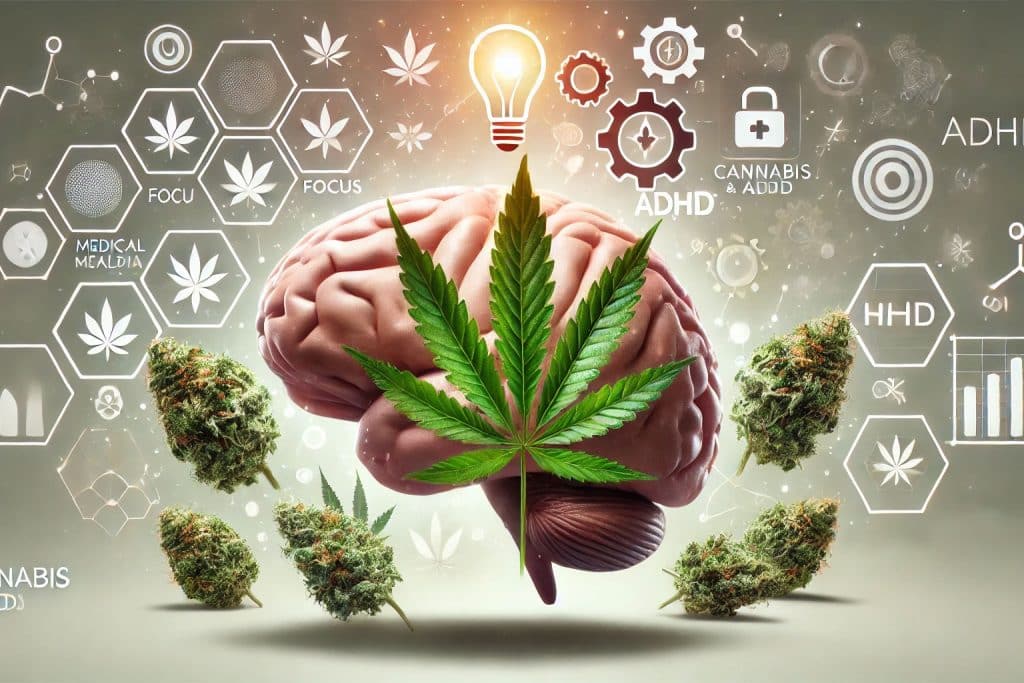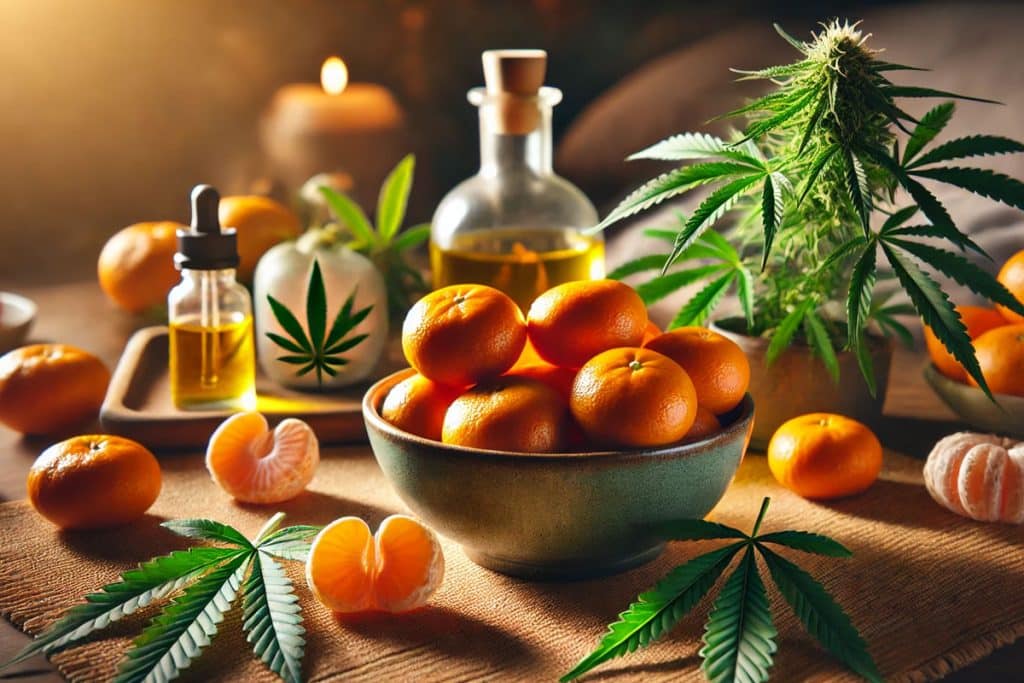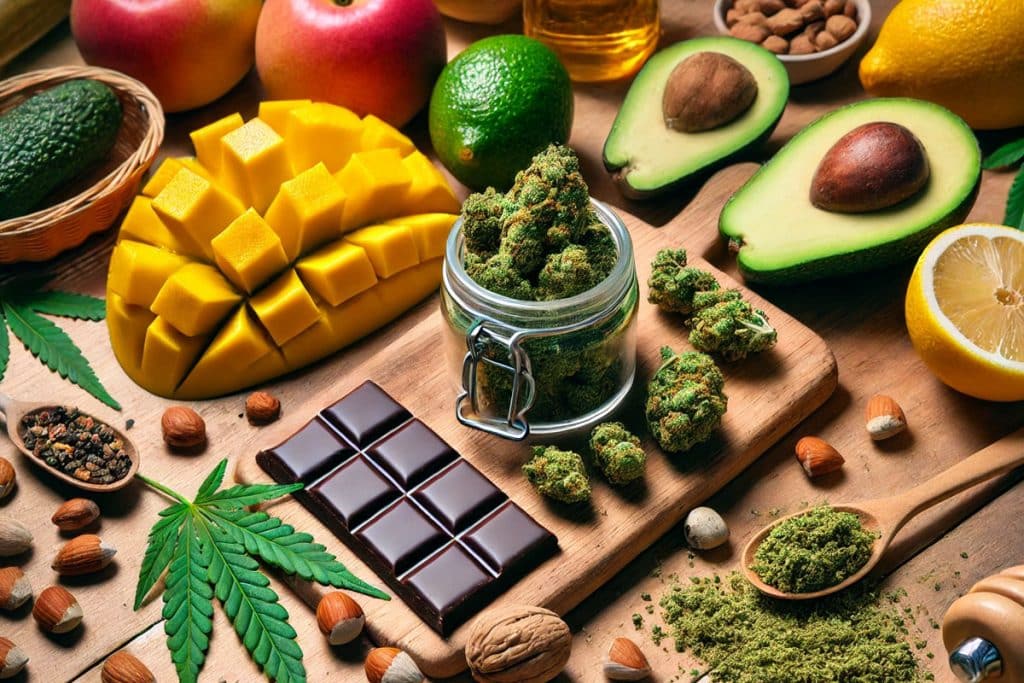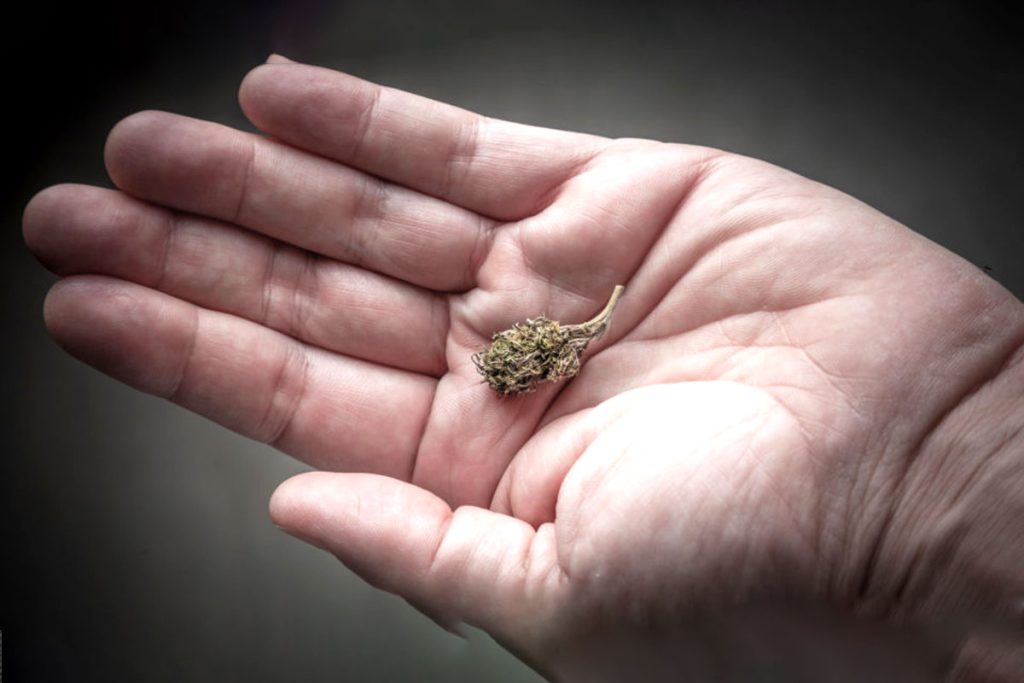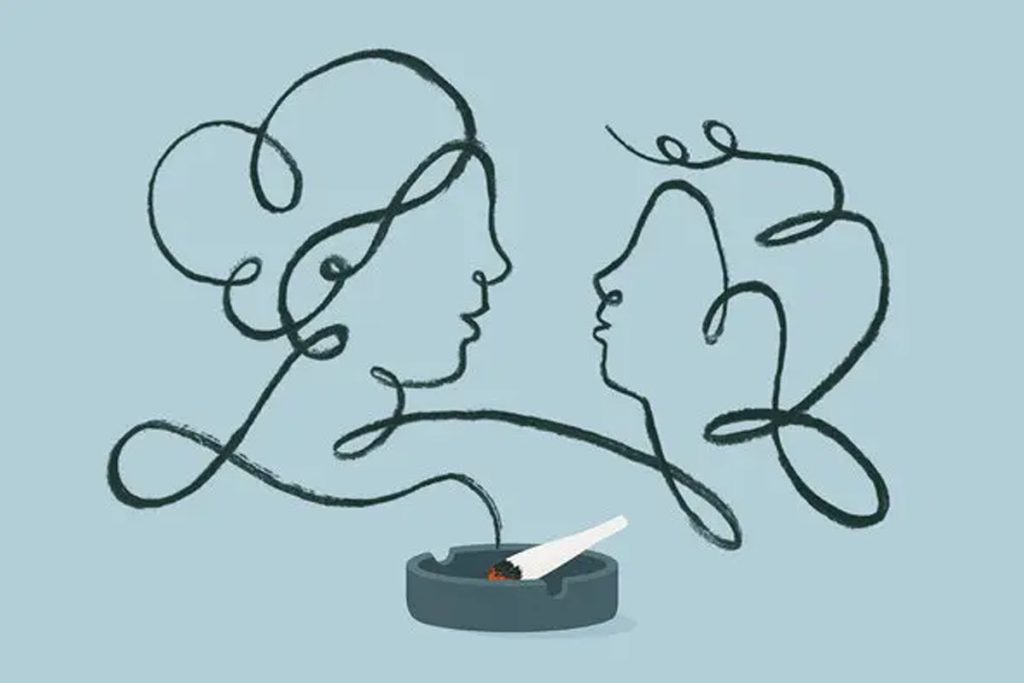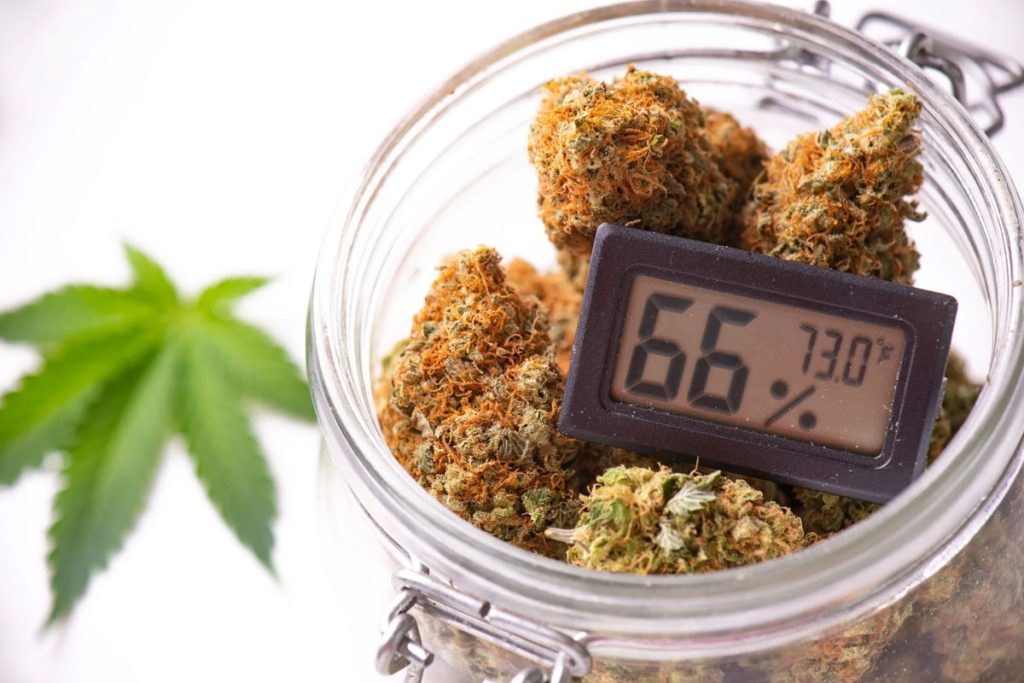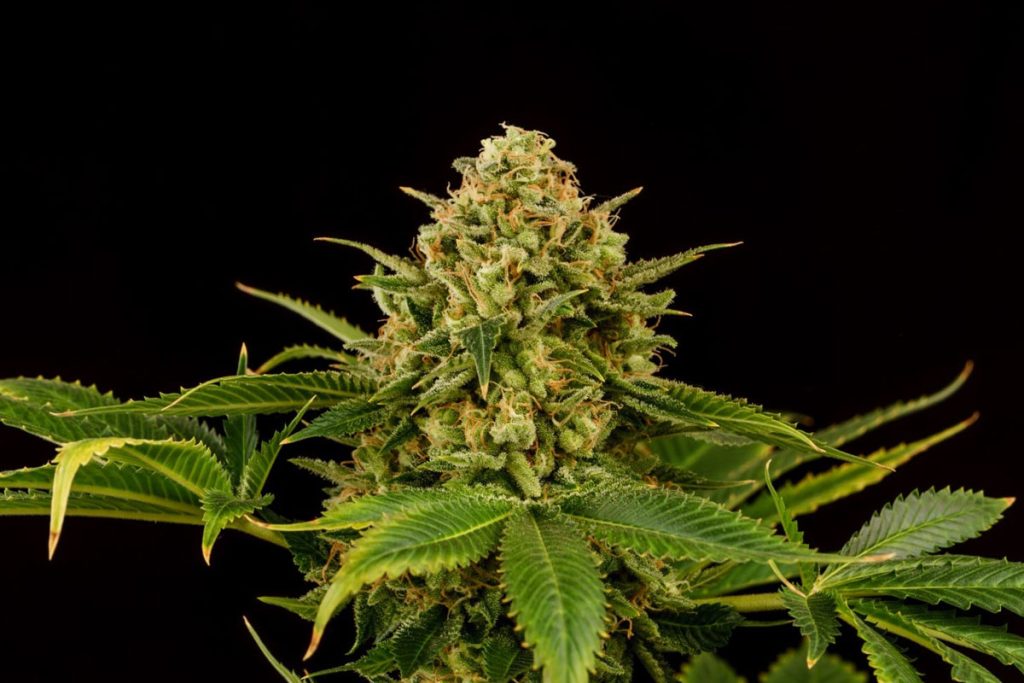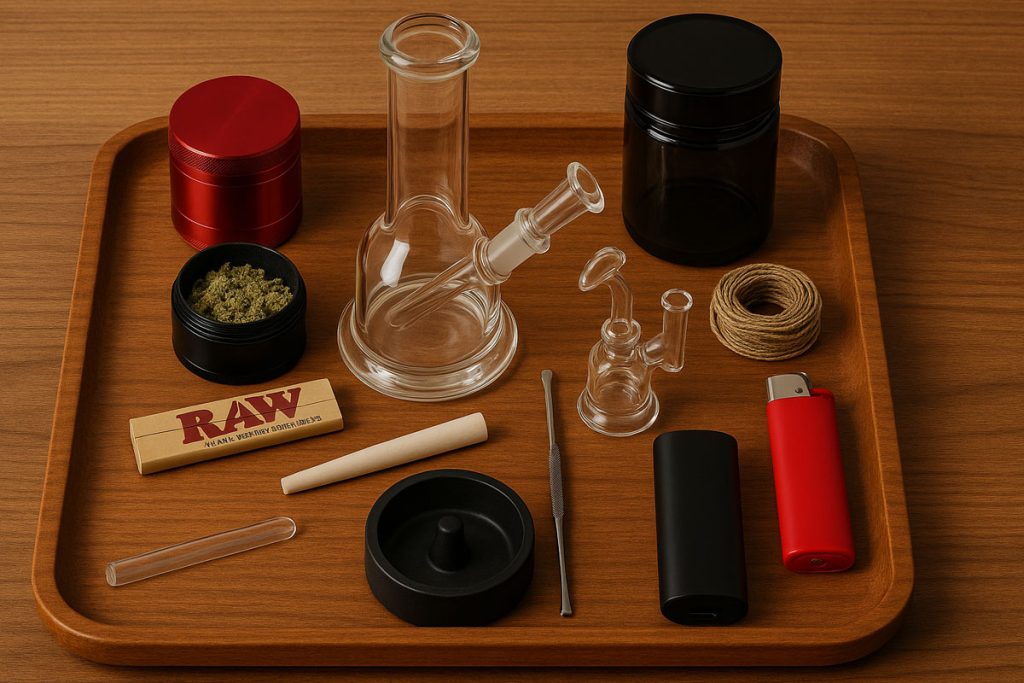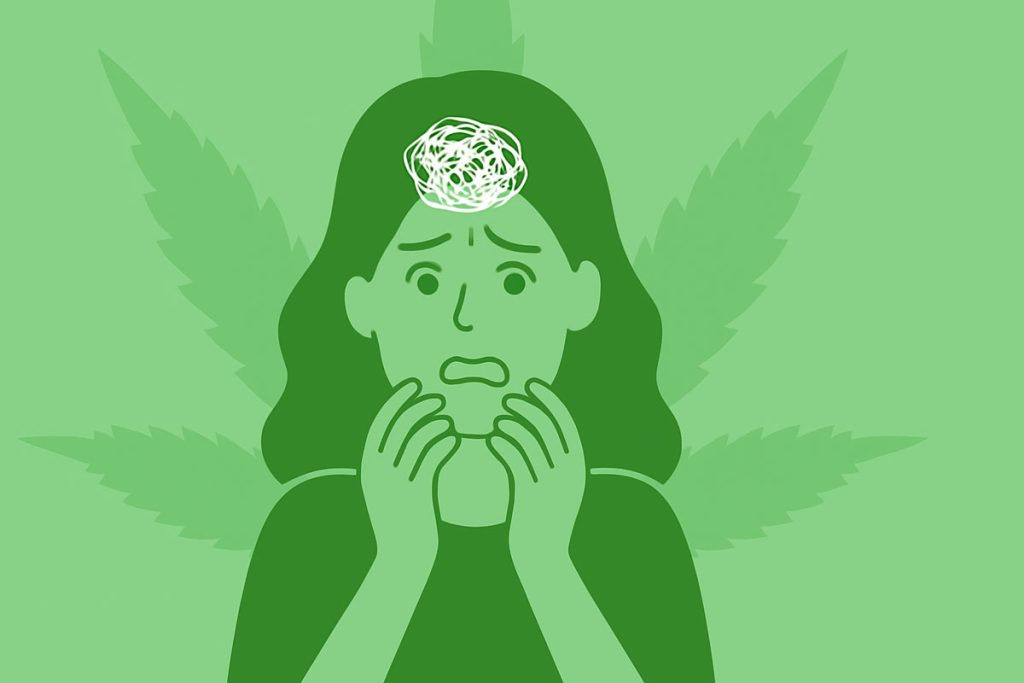Can We Use Cannabis for Acne? Exploring the Science Behind This Natural Remedy
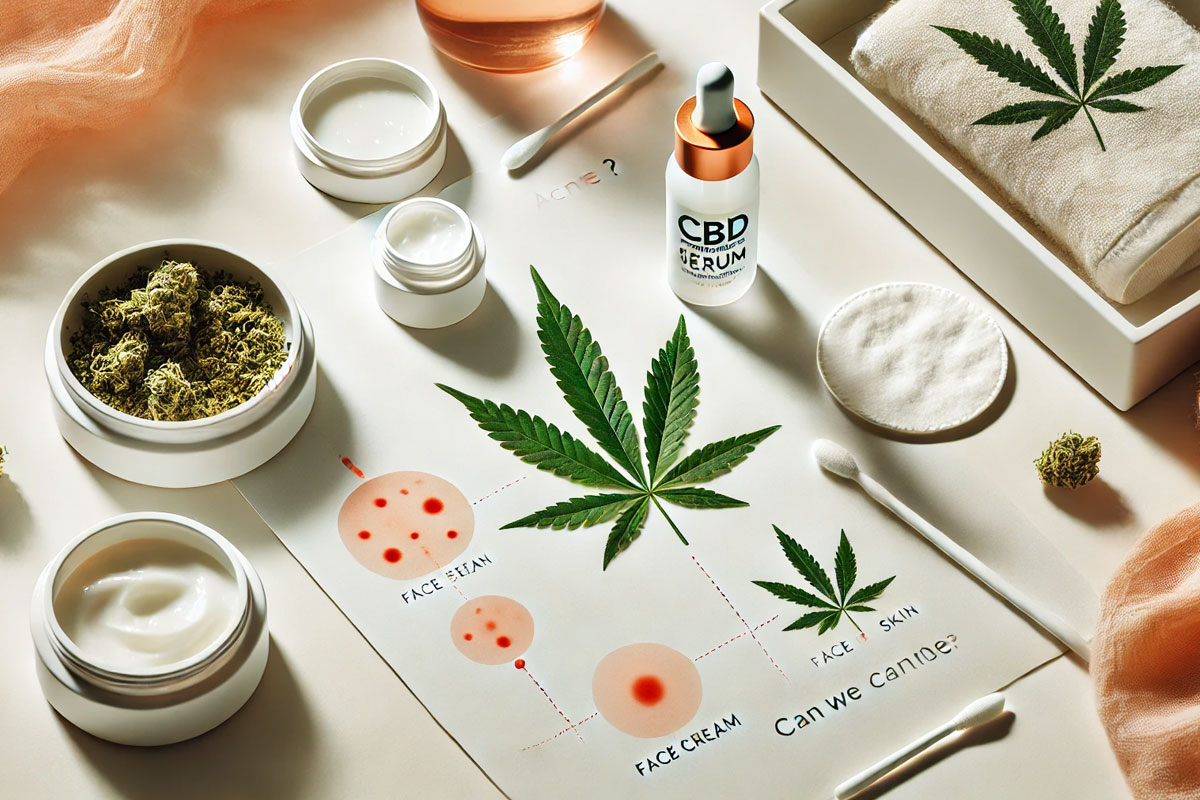
Acne affects millions of people globally, making it one of the most common skin conditions. While numerous skincare products promise clear skin, many come with side effects or only temporary relief. Lately, cannabis—especially CBD (cannabidiol)—has entered the skincare spotlight. But Can We Use Cannabis for Acne? Let’s explore what the science says, how cannabis interacts with our skin, and whether it might be the breakout solution you’ve been searching for.
What Causes Acne?
Before diving into how helpful cannabis is for acne, it’s essential to understand what causes it.
Acne typically develops when:
- Sebaceous (oil) glands produce excess oil (sebum)
- Dead skin cells clog hair follicles
- Bacteria build up in pores
- Inflammation leads to red, painful pimples or cysts
Other factors like hormonal imbalances, diet, stress, and genetics can also contribute to acne severity.
The Endocannabinoid System and Skin Health
Cannabis affects the body through its interaction with the endocannabinoid system (ECS)—a complex cell-signaling system that regulates numerous functions, including mood, sleep, appetite, immune response, and skin health.
Interestingly, our skin contains its own ECS, which helps maintain balance (homeostasis). It influences:
- Sebum production
- Skin cell growth and differentiation
- Immune and inflammatory responses
This connection opens up exciting possibilities for cannabinoids like CBD, THC, and CBG in skincare.
CBD – Cannabis for Acne: The Star Cannabinoid
When it comes to cannabis for acne treatment, CBD (cannabidiol) is the most studied and celebrated compound. Unlike THC, CBD is non-psychoactive, meaning it won’t get you high. But it may still have powerful therapeutic benefits—especially for the skin.
✅ CBD Reduces Sebum Production
One of the key findings in acne research is that CBD can regulate sebum production. A landmark 2014 study published in the Journal of Clinical Investigation showed that CBD inhibits sebocyte (oil gland cell) activity. In simpler terms, it helps reduce oily skin, which is a major trigger for acne.
“CBD has potential as a promising therapeutic agent for the treatment of acne vulgaris,” the researchers concluded.
✅ CBD Has Anti-Inflammatory Properties
Acne is an inflammatory skin condition. Redness, swelling, and pain often accompany breakouts. CBD is widely known for its anti-inflammatory effects, and studies have shown it can reduce cytokine production—the molecules responsible for inflammation.
✅ CBD May Prevent Bacterial Infections
Some forms of acne are caused or worsened by Propionibacterium acnes—a bacteria that thrives in clogged pores. CBD and other cannabinoids have demonstrated antibacterial properties in lab settings, suggesting they might help prevent or reduce bacterial buildup on the skin.
What About THC and Other Cannabinoids?
While CBD steals the spotlight, other cannabinoids like THC (tetrahydrocannabinol) and CBG (cannabigerol) may also offer skin benefits.
🔹 THC and Sebum Production
Some early studies suggest that THC may increase sebum production, which could worsen acne in some individuals. However, THC also has anti-inflammatory and analgesic effects, which might help with acne-related pain and swelling.
More research is needed to understand the full impact of THC on acne-prone skin.
🔹 CBG – The Emerging Skin Hero?
CBG is a minor cannabinoid gaining traction for its antibacterial and anti-inflammatory qualities. A 2020 study found that CBG-rich extracts could fight MRSA, a type of resistant bacteria—hinting that CBG might also combat acne-causing bacteria.
How to Use Cannabis for Acne Treatment
If you’re considering cannabis-infused skincare, there are several ways to incorporate it into your routine.
1. Topical CBD Creams and Serums
These are the most popular formats for acne treatment. CBD-infused topicals are applied directly to the skin, targeting specific problem areas without entering the bloodstream.
Look for products that are:
- Broad-spectrum or full-spectrum CBD
- Third-party lab tested
- Free from comedogenic (pore-clogging) ingredients
2. CBD Facial Cleansers
CBD face washes help gently cleanse the skin while providing anti-inflammatory and antibacterial support.
3. Cannabis Face Masks
Face masks with CBD or other cannabinoids can offer deep hydration and calming effects, perfect for irritated or acne-prone skin.
4. Oral CBD Supplements
While not a direct acne treatment, oral CBD may help manage underlying triggers like stress and inflammation, which can contribute to breakouts.
Things to Consider Before Using Cannabis for Acne
🌿 Know Your Skin Type
Cannabis topicals may affect oily, dry, or combination skin differently. Patch testing is recommended before widespread use.
🌿 Product Quality Matters
The purity and potency of the cannabis extract are crucial. Always choose reputable brands with clear ingredient lists and lab certifications.
🌿 Cannabis Is Not a Cure-All
While early studies are promising, cannabis isn’t a guaranteed solution for everyone. It may work best as part of a holistic skincare approach.
Scientific Research on Cannabis for Acne: What the Data Says
Here’s a closer look at some peer-reviewed studies backing cannabis for acne treatment:
📚 Study 1: CBD Inhibits Sebum Production (2014)
- Journal: The Journal of Clinical Investigation
- Findings: CBD reduced lipid production in human sebocytes and had anti-inflammatory effects.
- Conclusion: “CBD may be a promising therapeutic agent for acne treatment.”
📚 Study 2: Antibacterial Properties of Cannabinoids (2008 & 2020)
- Cannabinoids like CBC, CBD, CBG, and THC have been shown to have strong antibacterial activity against gram-positive bacteria, including acne-causing strains.
📚 Study 3: CBD and Inflammatory Cytokines (2019)
- Journal: Experimental Dermatology
- Findings: Topical CBD application reduced inflammation in human skin cells and improved barrier function.
These studies support the growing belief that CBD and certain cannabinoids may offer a multi-pronged approach to acne—reducing oil, inflammation, and bacteria.
Real User Testimonials
Skincare users and beauty influencers have also begun touting the benefits of cannabis-infused products.
“I’ve struggled with hormonal acne for years, and using a CBD serum every night has noticeably reduced redness and breakouts.” – Jessica M., 28, Austin, TX
“I was skeptical at first, but my skin feels calmer and less oily since switching to a hemp-based face cream.” – Brian D., 32, Los Angeles, CA
While anecdotal, these reports are helping to drive consumer interest and further research.
Is Cannabis Legal for Skincare?
In the U.S., hemp-derived CBD (with less than 0.3% THC) is federally legal under the 2018 Farm Bill. However, topical cannabis product legality may vary by state, especially if it contains THC.
Always check local laws before purchasing or using cannabis skincare products.
Final Thoughts: Can Cannabis Help Treat Acne?
The short answer? Yes—cannabis, especially CBD, shows strong potential in helping to treat acne. Thanks to its:
- Sebum-regulating
- Anti-inflammatory
- Antibacterial properties,
CBD and other cannabinoids are becoming popular natural alternatives to traditional acne treatments.
However, it’s important to remember:
- Results vary depending on skin type, severity of acne, and product quality
- Cannabis skincare is still a developing field—more clinical research is needed
- Use cannabis products as part of a comprehensive skincare routine
Frequently Asked Questions (FAQ)
❓ Is CBD safe for acne-prone skin?
Yes, CBD is generally safe for most skin types, including acne-prone skin. It’s non-comedogenic, meaning it won’t clog pores.
❓ Can THC make acne worse?
Possibly. Some evidence suggests THC might increase sebum production, which could worsen acne in some individuals.
❓ How long does it take to see results with CBD skincare?
Most users report noticeable changes within 2–4 weeks of consistent use. However, results vary based on the product and individual skin conditions.
Final Tip
If you’re looking to add cannabis to your skincare routine, start slow, choose high-quality products, and consult a dermatologist—especially if you have severe acne or other underlying skin conditions.
Cannabis won’t be a miracle fix for everyone, but for many, it could be a natural, science-backed addition to acne management.

